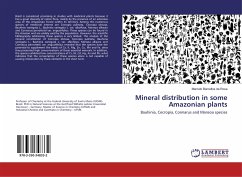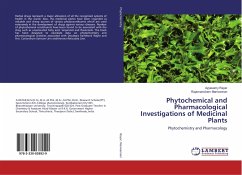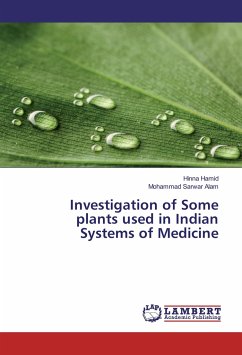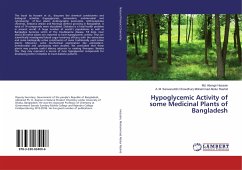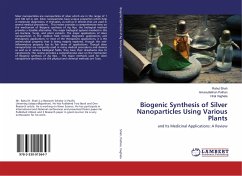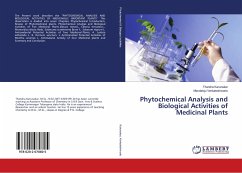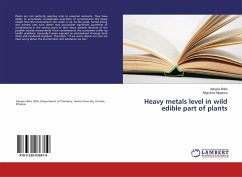Brazil is considered promising in studies with medicinal plants because it has a great diversity of native flora, mainly by the presence of an extensive area of the Amazonian Forest within its territory. Among the numerous species of medicinal interest are Cecropia palmata, Cecropia obtusa, Bauhinia variegata L., Bauhinia variegata L. var. alboflava, Mansoa alliacea and Connarus perrottetti var. angustifolius. These species can be found in the Amazon and are widely used by the population. However, the scientific bibliography addressing these species is very limited. The analysis of the mineral constitution of Cecropia obtusa, Cecropia palmata, Bauhinia variegata L., Bauhinia variegata L. var. alboflava, Mansoa alliacea and Connarus perrottetti var. angustifolius revealed that the species have the potential to supplement the needs of Ca, K, Mg, Zn, Cu, Mn and Fe, since they presented high concentrations of these essential minerals. In addition, the species exhibited low concentrations of Cr, Ni, Cd, Hg, As and Pb, what indicates that the consumption of these species alone is not capable of causing intoxication by these elements in the short term.
Bitte wählen Sie Ihr Anliegen aus.
Rechnungen
Retourenschein anfordern
Bestellstatus
Storno

